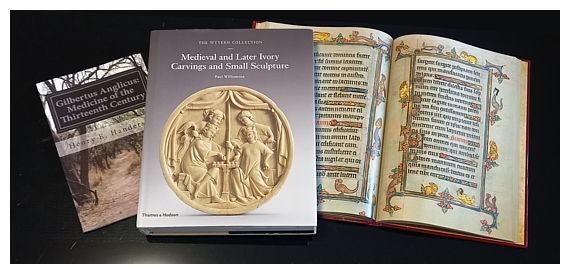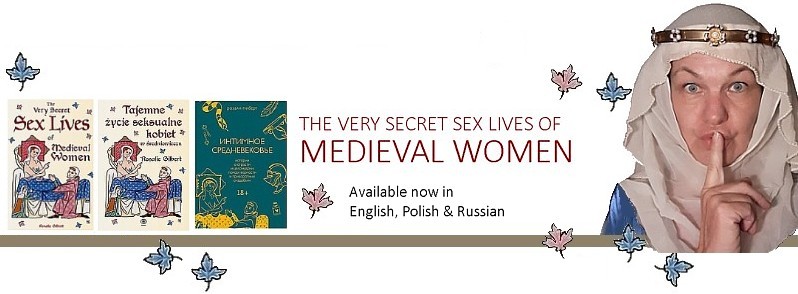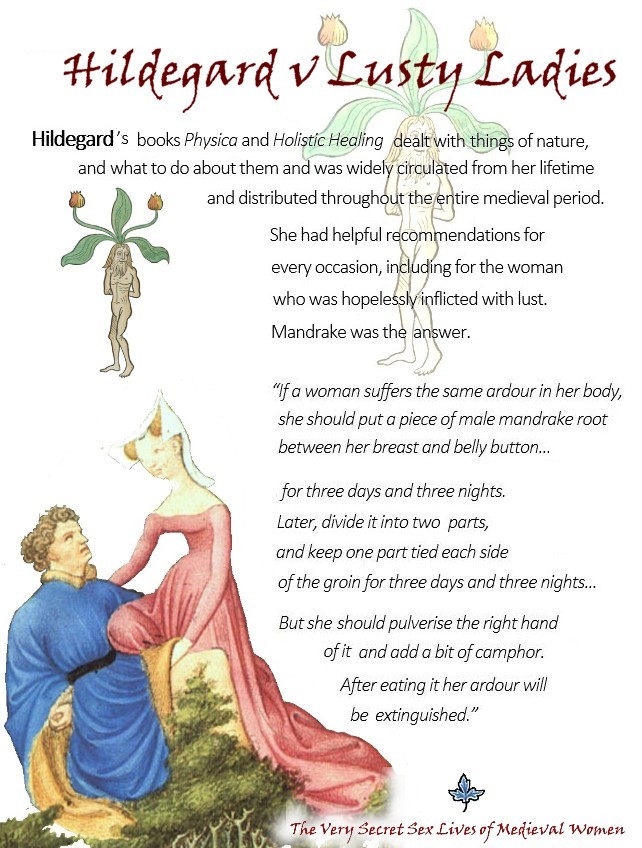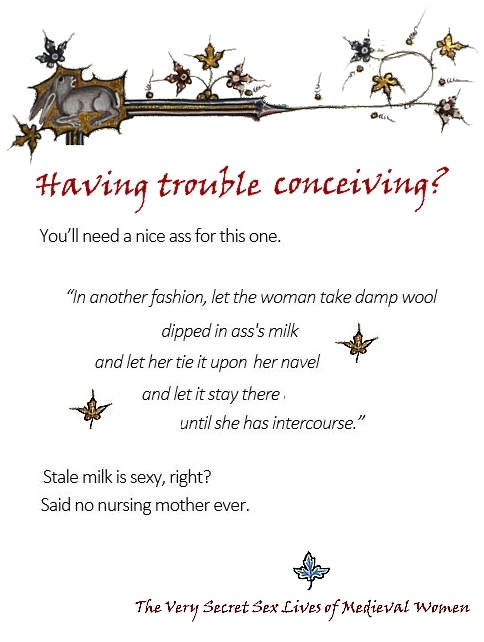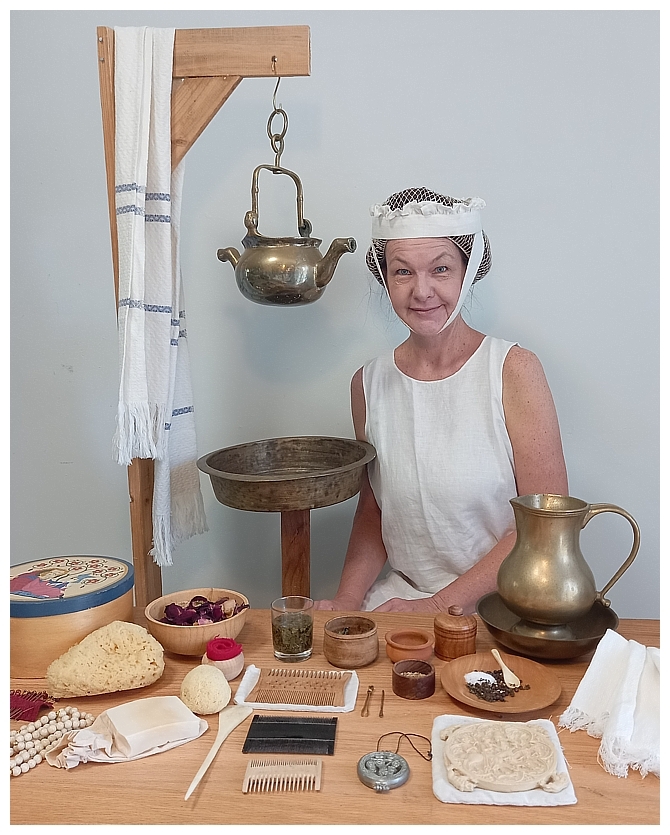
Attempting to recreate a medieval recipe can be tricky because the amounts given are often described as "some," "a little," "twice as much," and "enough." Some proportions can be gathered from this. Use twice as much rosewater and plain water, for instance. other times, one is flying blind. As part of my new medieval bath display, I hope to have a hair powder made from a medieval recipe. I'll be making it for the first time next weekend at an historical event and taking notes. At this point, I have the recipe and the ingredients, some grown and dried, others sourced from a local spice shop.
Medieval women were just as concerned with beauty products for their skin and hair as women are today. Many herbal preparations were used to cleanse, protect, lighten or dye the hair. Hair loss was also a concern which was attended to with herbal balms and tinctures. These recipes were found in manuscripts like the
Tacuinum Sanitatus, which were copied and recopied.
Most recipes were herbal, but some had more exotic ingredients. The
Trotula, or the texts attributed to Trotula, include
On Women's Cosmetics, and include recipes for beauty including a beautiful-smelling hair powder, so that the hair remains sweetly scented. In the section about On Various Kinds of Adornments, it reads:
But when she combs her hair, let her have this powder. Take some dried roses, clove, nutmeg, watercress and galangal. Let all these, powdered, be mixed with rose water. With this water let her sprinkle her hair and comb it with a comb dipped in this same water so that [her hair] will smell better. And let her make furrows in her hair and sprinkle on the above-mentioned powder, and it will smell marvelously.
This is the recipe I will attempt to recreate.

![]()

